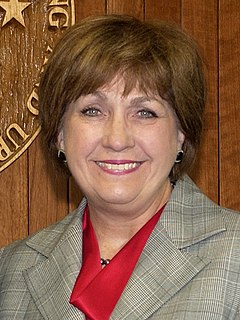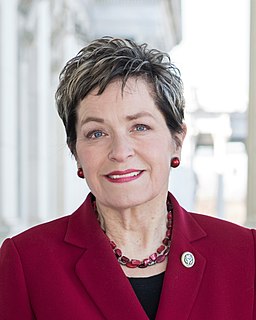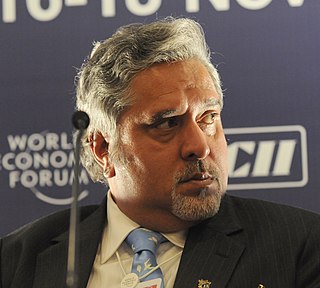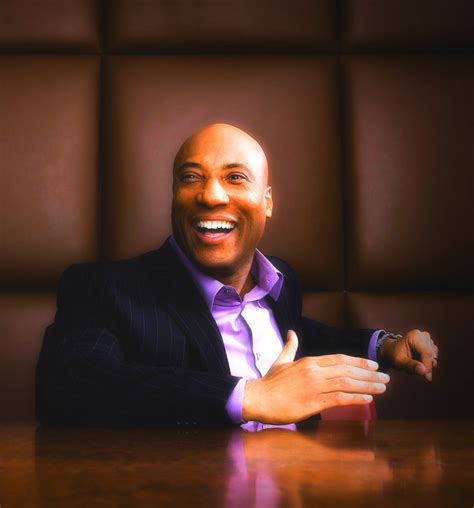A Quote by Abhijit Banerjee
The poverty line in the U.S., for example, has nothing to do with the poverty line in India. It is a relative poverty line. It is reset from time to time but it is related to U.S. median income, so if I set that to be the absolute poverty line everyone in India would essentially be poor.
Related Quotes
Given the relativity concept, poverty cannot be eliminated. Indeed, an economic upturn with a broad improvement in household income does not guarantee a decrease in the size of the poor population, especially when the income growth of households below the poverty line is less promising than the overall.
Most Americans living below the official poverty line own a car or truck - and government entitlement programs seldom provide cars and trucks. Most people living below the official poverty line also have air conditioning, color television, and a microwave oven - and these too are not usually handed out by government entitlement programs.
Cell phones and other electronic devices are by no means unheard of in low-income neighborhoods, where children would supposedly go hungry if there were no school-lunch programs. In reality, low-income people are overweight more often than other Americans.
[A] family with two kids that earns the minimum wage still lives below the poverty line. That's wrong. That's why, since the last time this Congress raised the minimum wage, 19 states have chosen to bump theirs even higher. Tonight, let's declare that in the wealthiest nation on Earth, no one who works full-time should have to live in poverty, and raise the federal minimum wage to $9 an hour.
Many people believe in eliminating gaps and eliminating poverty. They don't realize that in some sense those two things are antithetical. If you were to double everyone's income, or if everyone's income were doubled naturally over the course of time, then you would reduce poverty significantly but you would have also increased the gap.
The first issue that compelled me was a very strange split between India being highly development scientifically (we were the third biggest scientific manpower in the world then) and yet at the same time struggling with amazing poverty. The linear equation that says that modern science equals progress and the reduction of poverty did not apply to India. It wasn't working.
































